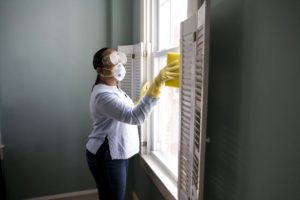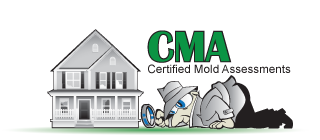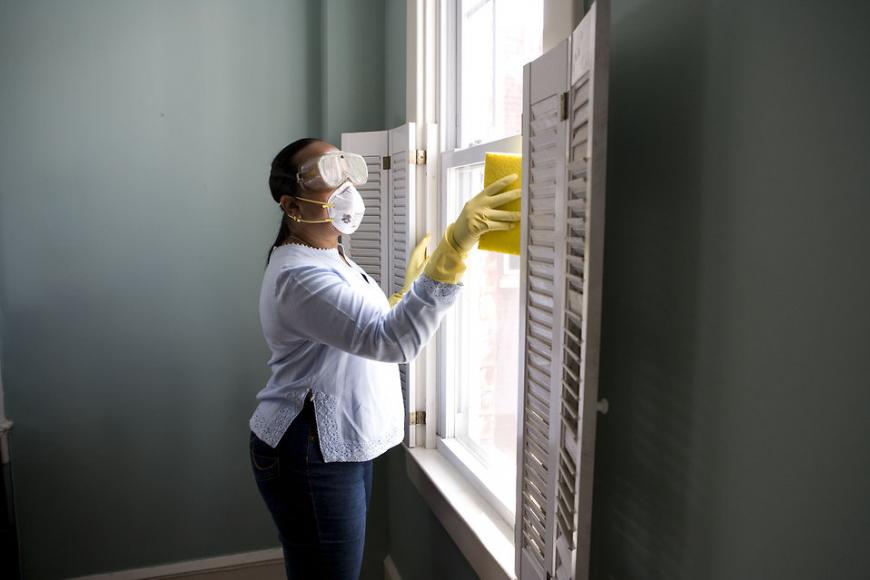 Nobody likes to get that call from the mold testing lab that says: Yes, you have toxic mold growing in your home. But there are also situations in which that call isn’t necessary. Sometimes pulling back an old piece of sheetrock, or lifting up a floor tile, is enough to prove that mold has been hiding in your home — and has become a significant problem.
Nobody likes to get that call from the mold testing lab that says: Yes, you have toxic mold growing in your home. But there are also situations in which that call isn’t necessary. Sometimes pulling back an old piece of sheetrock, or lifting up a floor tile, is enough to prove that mold has been hiding in your home — and has become a significant problem.
The good news for homeowners is that even if mold is discovered in your home, and even if that mold has become deeply rooted and requires a large scale cleanup operation, there are trained experts who can deliver the results you need. It’s also nice to know that the cost of large scale mold remediation (although it may not be a desirable expense) is quite reasonable compared to what most people think it would be.
So what’s the bad news?
Well, even if the mold cleanup effort is a terrific success, and all of the excess/toxic mold is rooted out, there’s still the pesky question of how your property value may be affected. Many homeowners can’t see why this should be an issue at all. If the mold was cleanup up, what’s the problem?
The problem is generally that prospective home buyers an real estate agents are more hesitant to buy properties that have undergone significant mold cleanup efforts in the past, for the simple fear that mold will be a recurring problem. And this fear is not altogether unfounded. The fact is that certain types of homes and buildings (especially older properties) and certain environmental conditions can make mold a recurring problem. And there’s always the question of whether the professional remediation job really got to the root of the problem.
So the short answer is that yes, a mold remediation event can and probably will effect your property value over the medium-to-long term. Again, this depends on the reporting requirements in your area, and your own comfort level with potentially selling your home to someone who has no knowledge that mold was once an issue.
If you find a truly qualified and reputable mold remediation specialist, you can rest assured that the remediation work will be complete, and will eradicate the problem. That’s what sets a true professional apart. Sophisticated equipment (such as infrared lights and scientific lab testing facilities) are used to pinpoint the location of the mold and determine exactly what kind of mold spores you’re dealing with. Certain types of toxic mold do carry a much greater stigma than other, milder strains.
The main thing is not to worry. If you think you already have a mold problem, it’s probably best to get it checked and resolved by a professional. If you’re simply concerned that mold may become an issue in the future, the best course of action is to learn about mold and understand what allows it to thrive in residential homes. With this understanding, you can develop a simple but effective strategy for stopping mold before it ever starts.

